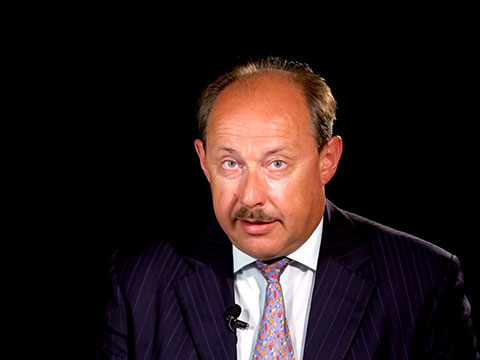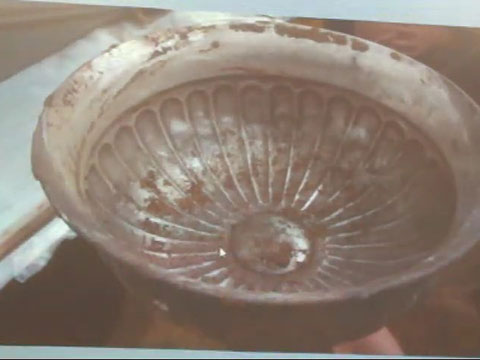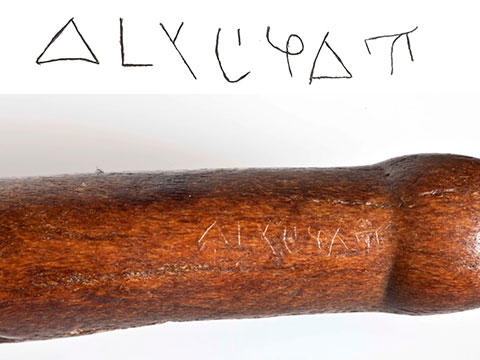Central Eurasia Research Center
The Central Eurasia Research Center (CERC) is one of the most recently established academic divisions of the Institute of Oriental Studies. It was formed in March 2010 as a result of an upgrade of the Department of Central Asia and Caucasus Studies.
The research of Central Asia, Caucasus, Volga and Ural Regions, or Central Eurasia as a whole, is a highly relevant field of Russian Oriental Studies. Internationally, Central Eurasian Studies are also viewed as a discipline with vast prospects, burgeoning in many countries and regions, such as the USA, Europe, Japan and, obviously, the nations of Central Asia and Caucasus. The tragic bloodshed in 1990s’ Nagorno-Karabakh, Tajikistan and Chechnya, 2000s’ Abkhazia, South Ossetia and Georgia, potential sources of destabilization in other areas of North Caucasus, along the borders between Uzbekistan, Kyrgyzstan and Tajikistan, Armenia and Azerbaijan has proved that the problems of local social development should be researched permanently, with focus on dynamics and tendencies, rather than being analyzed from time to time, when conflicts emerge. The Institute of Oriental Studies is a main center of such consistent research in Russia.
The Center’s scholars focus on the most significant, progressive aspects of the academic work, conduct their own field research, including archeographic and epigraphic expeditions.
The main aspects our scholars work on include both classic topics of Oriental History, based on textual studies of original archive sources in Russian, various Eastern and Western languages, and practical research of modern society, such as regional, political and geopolitical studies, contemporary history, problems of religion and society, economics, international relations. The most significant directions of our academic work are:
- defining main tendencies in the modern-day social, political and religious processes in Central Eurasia, using them as a foundation for practical notions in regard to ethnic and religious traditions, local laws and views of the region’s societies;
- creating a comprehensive database of official, legal and narrative sources on medieval, modern and contemporary history of the regions, finding original documents in Eastern languages (Arabic, Turkish, languages of Caucasus), including digital ones;
- researching aspects of modern social and demographic processes relevant to the Oriental Studies in general, i.e. the migration flow from Central Asia and Caucasus in Russia, the status of Russian-speaking population in these countries;
- studying the history of conflict, tension spots and security threats in the regions of interest;
- outlining the geopolitical role and place of Central Eurasia in Russia’s field of interests and the relations between the main actors of world politics, defining the development prospects of the region’s nations, discovering the ways and means by which they interact with each other and the world, the possibilities and prospects of integration, discussing the significance of regional organizations such as CSTO, SCO and EurAsEC for the future of Central Eurasia.
Our Projects
Our center actively participates in five major projects the Institute consistently works on:
- “Problems of Central Eurasia” annual periodical (in collaboration with the Higher School of Economics)
- Series of academic publications “Acta Caucasica”.
- Central-Eurasia.com (on-line portal, Russian and English versions)
- “Central Eurasia” seminar (in collaboration with our counterparts from other academic centers). The seminar’s mission is to exchange views on the problems of Central Eurasian countries and territories within the context of their relationships with Russia, China, Muslim world and the West.
- International Summer Central Аsia-Caucasus Workshop
Furthermore, our Center trains postgraduates from Northern Caucasus in history, religions and cultures of their home region. Together with other expert communities, we take part in the system of social and political monitoring in Central Eurasia.












